世界公众科学素质促进北京宣言
- 来源:智网新闻
- 2018-09-19
世界公众科学素质促进北京宣言
(2018年9月19日)
2018年9月17—19日,世界公众科学素质促进大会在北京召开。大会围绕“科学素质与人类命运共同体”和实现联合国可持续发展目标(Sustainable Development Goals)进行深入交流,达成以下共识。
1.在最广义的范围内促进科技与社会良性互动。科学技术正在以前所未有的速度、广度和力度渗透人类生产生活的方方面面,人类社会日益成为相互依存的命运共同体。科技在促进人类社会进步、丰富人们的精神世界的同时,也蕴含着不可忽视的风险和不确定性。应当严格遵循科研诚信和科技伦理,确保公众充分理解和广泛参与科学,实现科技的全部价值,增进人类的整体和长远利益。
2.理解使命与责任。科学素质是人的全面发展的内在要求,是国家创新能力和可持续发展的社会基础,也是增进人类理解包容、理性平和的思想基础。科学素质不仅包括对科学知识、科学方法的掌握,更体现对科学精神和科学思想的尊崇。提升科学素质,关乎个人前途、国家命运,赋予人类应对风险挑战、共建繁荣世界的智慧与能力。
3.共同弥合科学素质鸿沟。全球公众科学素质不平衡的问题还很突出,国际科学素质领域交流合作机制尚不健全,世界各国人民期待提升科学文化素质、共同繁荣发展。各国应大力开展科学教育、传播和普及,消除科学知识分享的壁垒,缩小知识鸿沟和发展鸿沟,促进全球可持续发展。
4.坚持不懈促进普惠公平。各国应重视不同地域、各种群体科学素质提升,让广大公众普遍享受现代文明成果。应当尽最大努力保护和激发青少年对科学的热情;帮助最贫困的群体缩小科学素质差距,以获得摆脱贫穷的希望与机会;让女性充分享有科学素质提升带来的尊严。
5.建立协作交流机制。科技组织对公众科学素质建设负有不可替代的责任,政府、教育界、企业、传媒等社会各方应以更多的承诺和积极行动投身科学素质建设,形成有效协同的社会网络。与会各方愿意,开展密切的国际交流合作,推动经验互鉴和资源共享。我们呼吁所有机构携起手来,通过讨论和协作来强化有效的组织机制安排,实现共同发展。我们将积极推动公众科学素质提升成为联合国可持续发展议题。
让我们共同努力,推动科技与人文、社会、自然的和谐发展,共促公众科学素质提升,共创人类社会美好未来。
Beijing Declaration for Promoting Public Science Literacy Across the World
(September 19th, 2018)
From 17th to 19th of September 2018, the World Conference on Science Literacy was held in Beijing. Focusing on "Science Literacy for a Shared and Better Future" and the UN Sustainable Development Goals (SDGs), all of the participants have fully exchanged their views and reached the following consensus:
1. Promoting positive interactions between society and science and technology in their broadest sense. Science and technology are bringing fundamental changes into all aspects of human production and life at an unprecedented rate, breadth and depth. Science and technology contribute to the progress of human society and enrich people’s spiritual world, yet they also carry risks and uncertainties that we cannot afford to ignore. Research integrity should be promoted to ensure that the general public understand and are involved in science, that the value of science and technology are fully realized, and that science and technology serve the overall and long-term interests of mankind.
2. Understanding our mission and responsibilities. Science literacy is an intrinsic requirement for an individual's all-round development, for the social foundation of a nation's innovation capacity and sustainable development, as well as for the intellectual foundation of mutual understanding and peace in human society. Science literacy not only involves mastery of scientific knowledge and scientific methods, but also demands respect for the pursuit of the scientific spirit and evidence-based scientific thinking. The improvement of science literacy is concerned with the future of both individuals and nations as well as the wisdom and capabilities of human beings in coping with a variety of risks and challenges for building a better world.
3. Working together to narrow the gap in science literacy. There are large gaps in the levels of public science literacy between different countries. The international mechanisms for science literacy exchange and cooperation need to improve, so that everyone around the world aspires to raise their scientific and cultural literacy and to achieve common prosperity and development. All nations should vigorously drive forward science education, communication and popularization, should eliminate barriers to scientific knowledge sharing, should narrow the gap in knowledge and development between countries, and should promote sustainable development for everyone.
4. Persistently promoting universal benefit and fairness. All nations should prioritise improving science literacy among different geographic areas and different population groups, so that all of the general public can enjoy the benefits of modern civilization. We should make every effort to protect and stimulate the enthusiasm of younger generations in science, to help the poorest in society to narrow the gap in science literacy so as to bring them hope and opportunities to end poverty, and to enable women to fully enjoy the dignity brought about by the improvement of science literacy.
5. Building a mechanism for collaboration and exchanges. Science and technology organizations shoulder fundamental responsibilities for the promotion of public science literacy. All stakeholders including governments, educational organizations, industry and the media should devote themselves to the promotion of science literacy with greater commitment and take positive actions to develop closely coordinated social networks. All participants agree to encourage international exchanges and cooperation and to promote the sharing of experience and resources. We call on all agencies to work together to strengthen effective mechanisms for achieving shared growth through discussion and collaboration. We will strive to include the promotion of public science literacy into the Sustainable Development Agenda of the United Nations.
Let us work together to promote the harmonious development of science and technology with culture, society and nature, to contribute to the improvement in public science literacy, and to create a better future for the whole of human society.


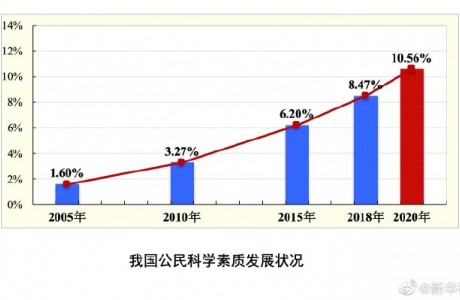 2020年中国公民具备科学素质的比例超10%
2020年中国公民具备科学素质的比例超10%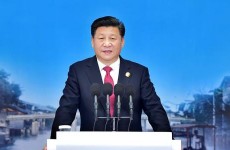 习近平向世界公众科学素质促进大会致贺信
习近平向世界公众科学素质促进大会致贺信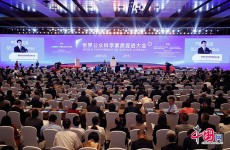 世界公众科学素质促进大会:京沪市民科学素质水
世界公众科学素质促进大会:京沪市民科学素质水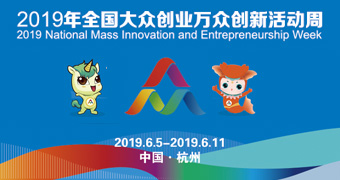
 科技界内卷化如何破
科技界内卷化如何破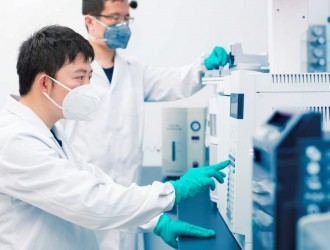 再谈创新与企业家精神
再谈创新与企业家精神 字节跳动的失意版图
字节跳动的失意版图


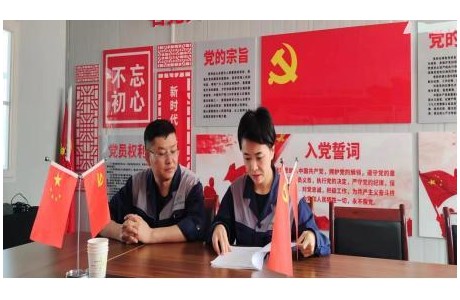
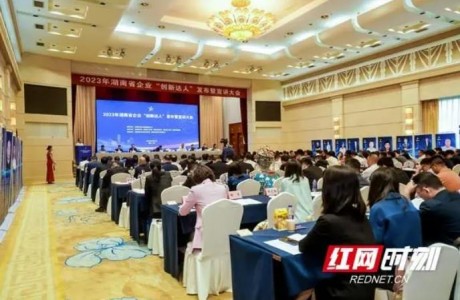
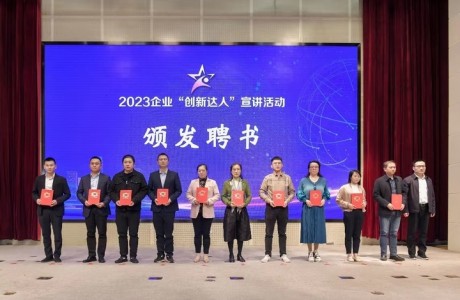
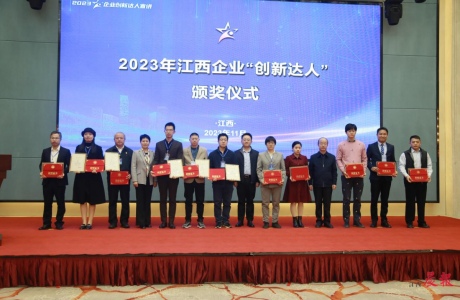
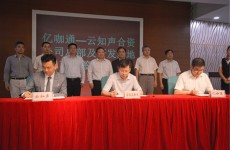 北京云知声公司联手吉利旗下亿咖通科技,布局汽车AI芯片
北京云知声公司联手吉利旗下亿咖通科技,布局汽车AI芯片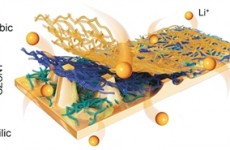 “双重性格”保护膜锂电池
“双重性格”保护膜锂电池